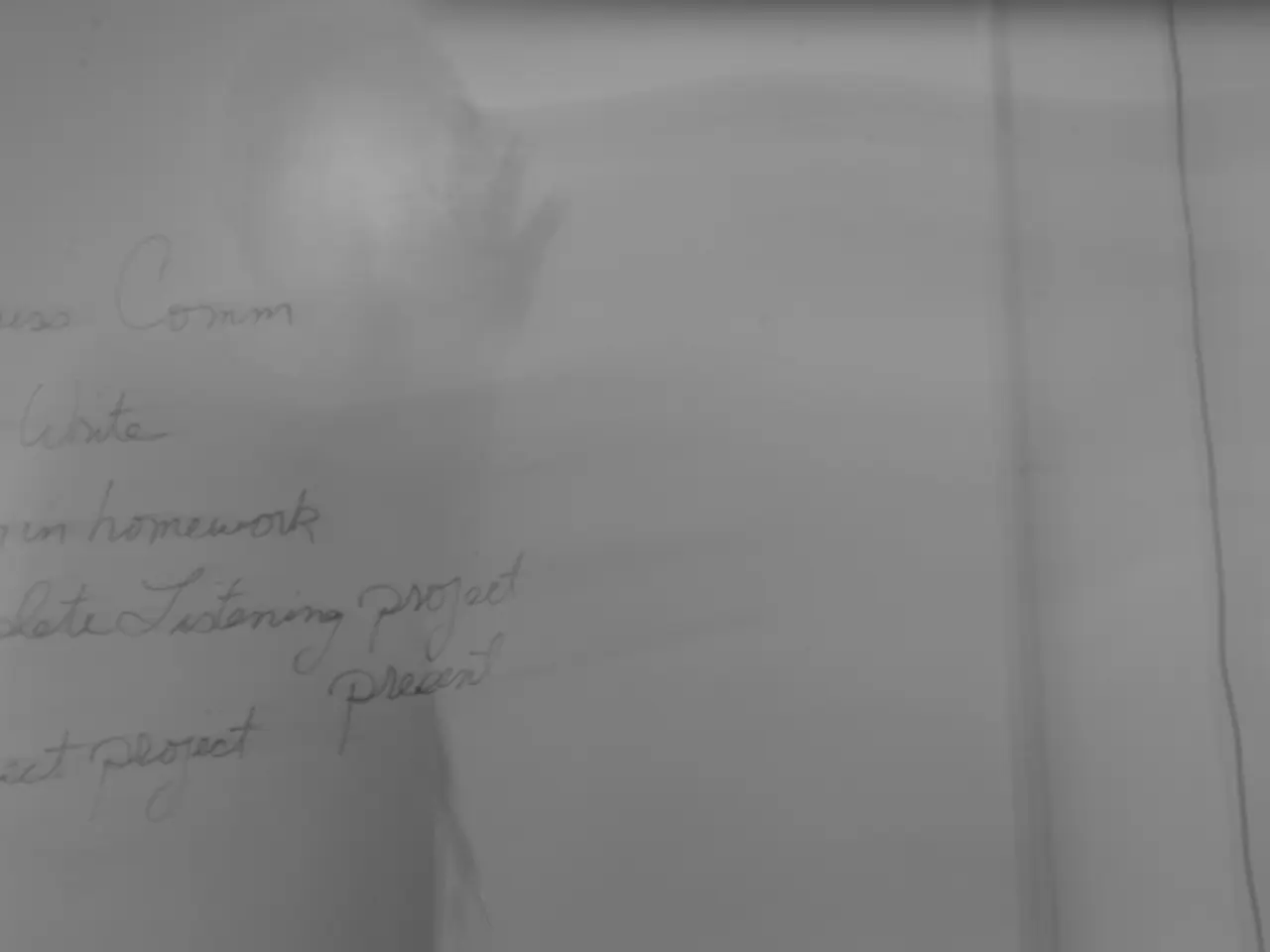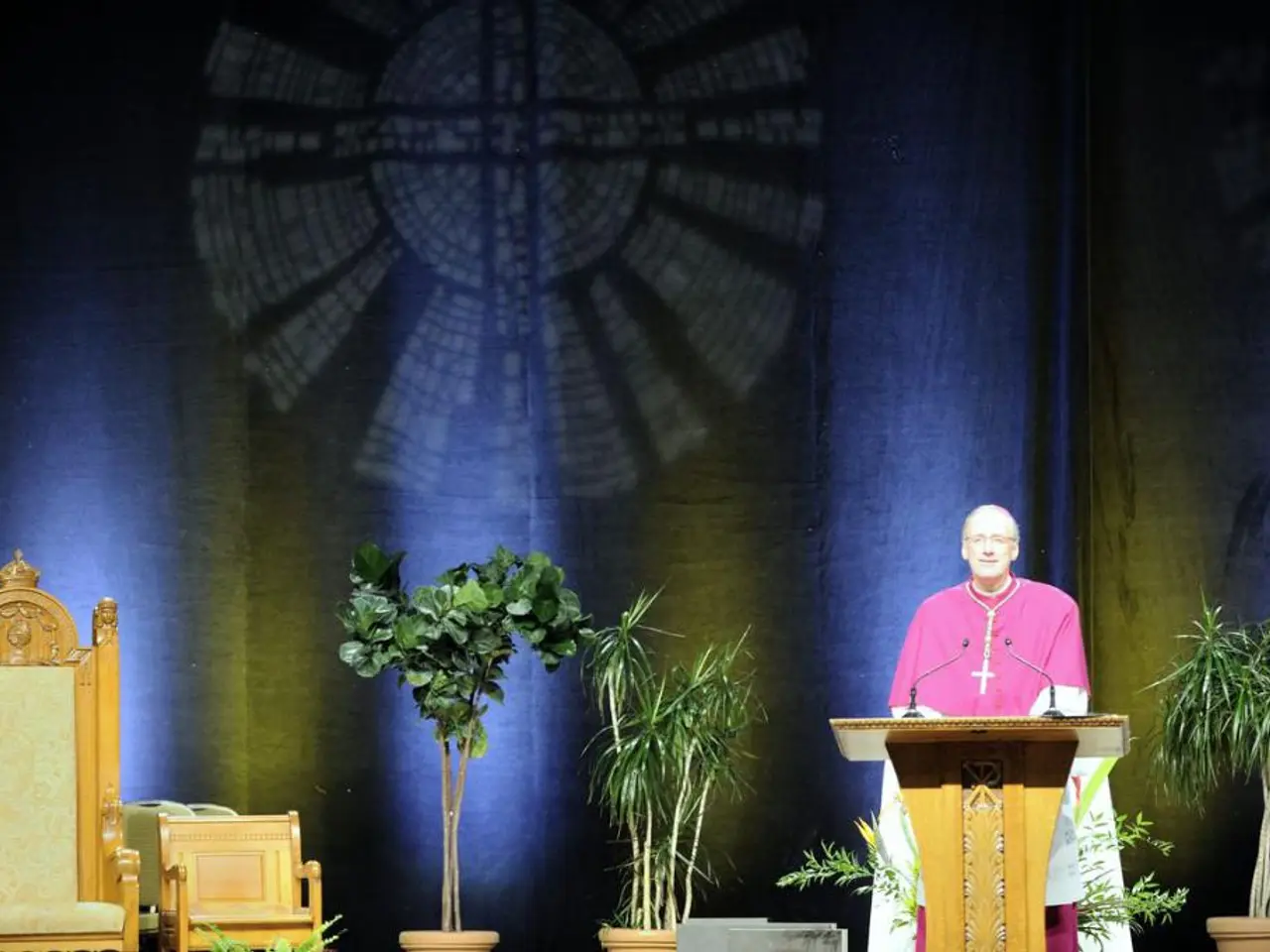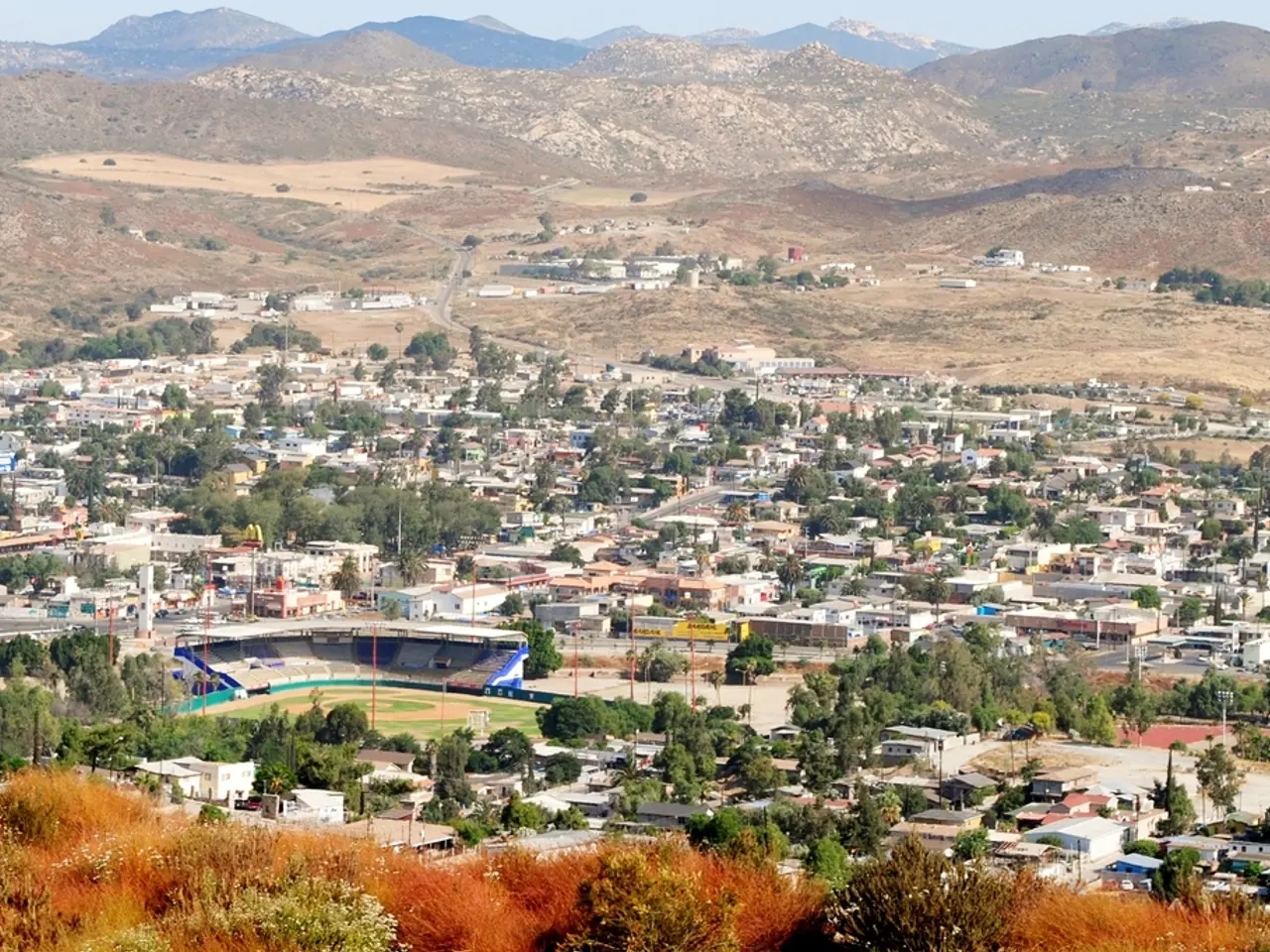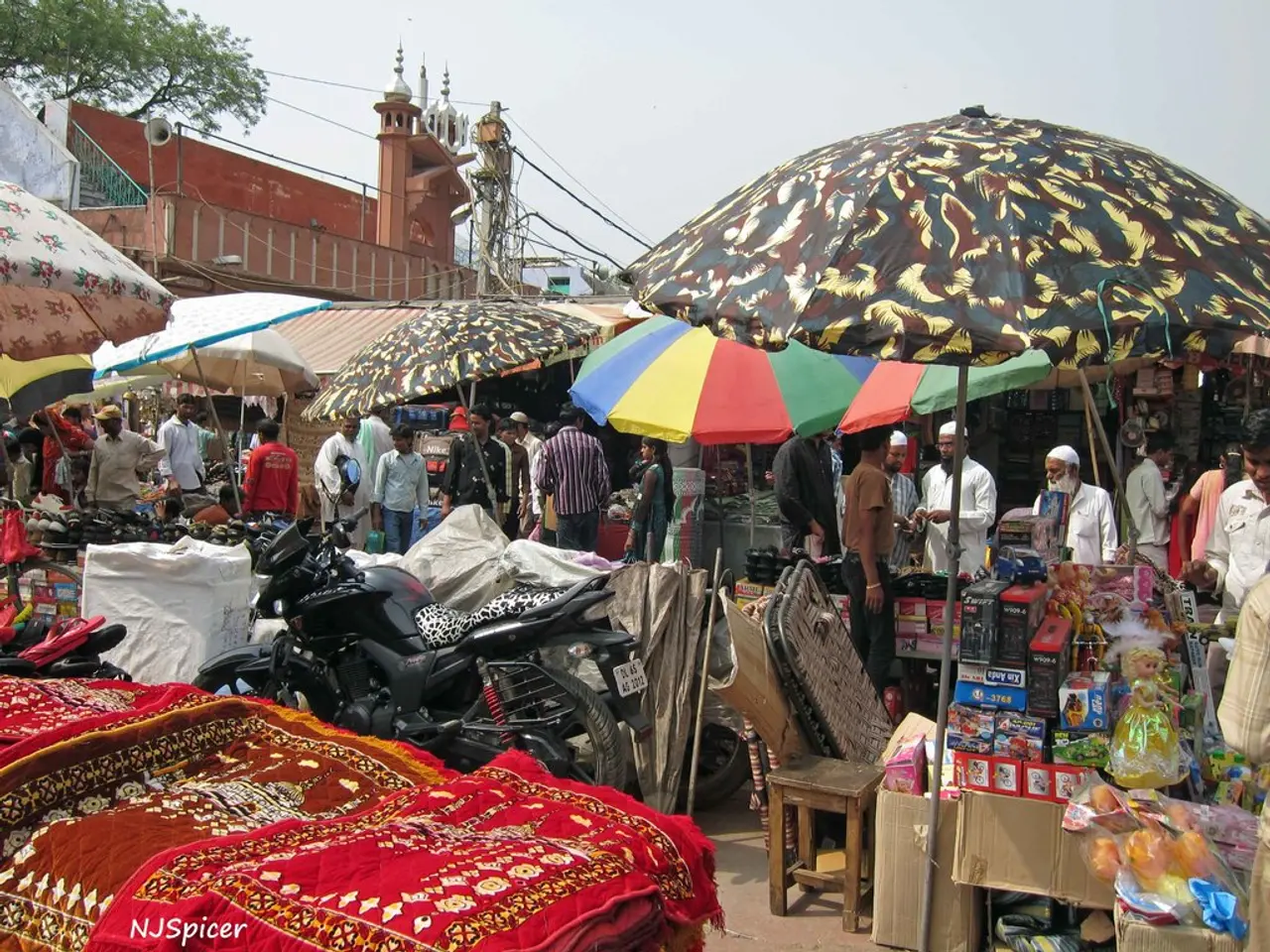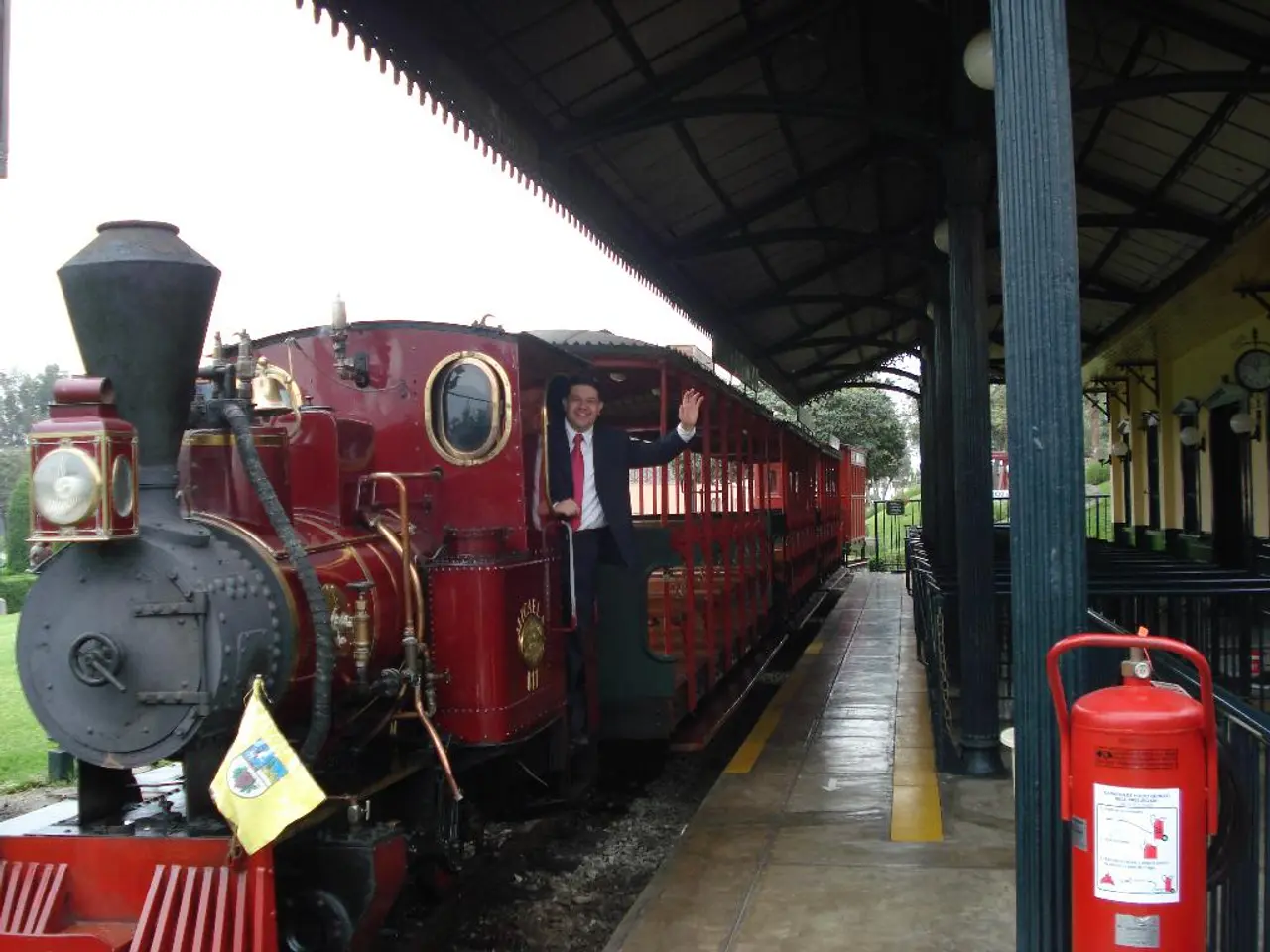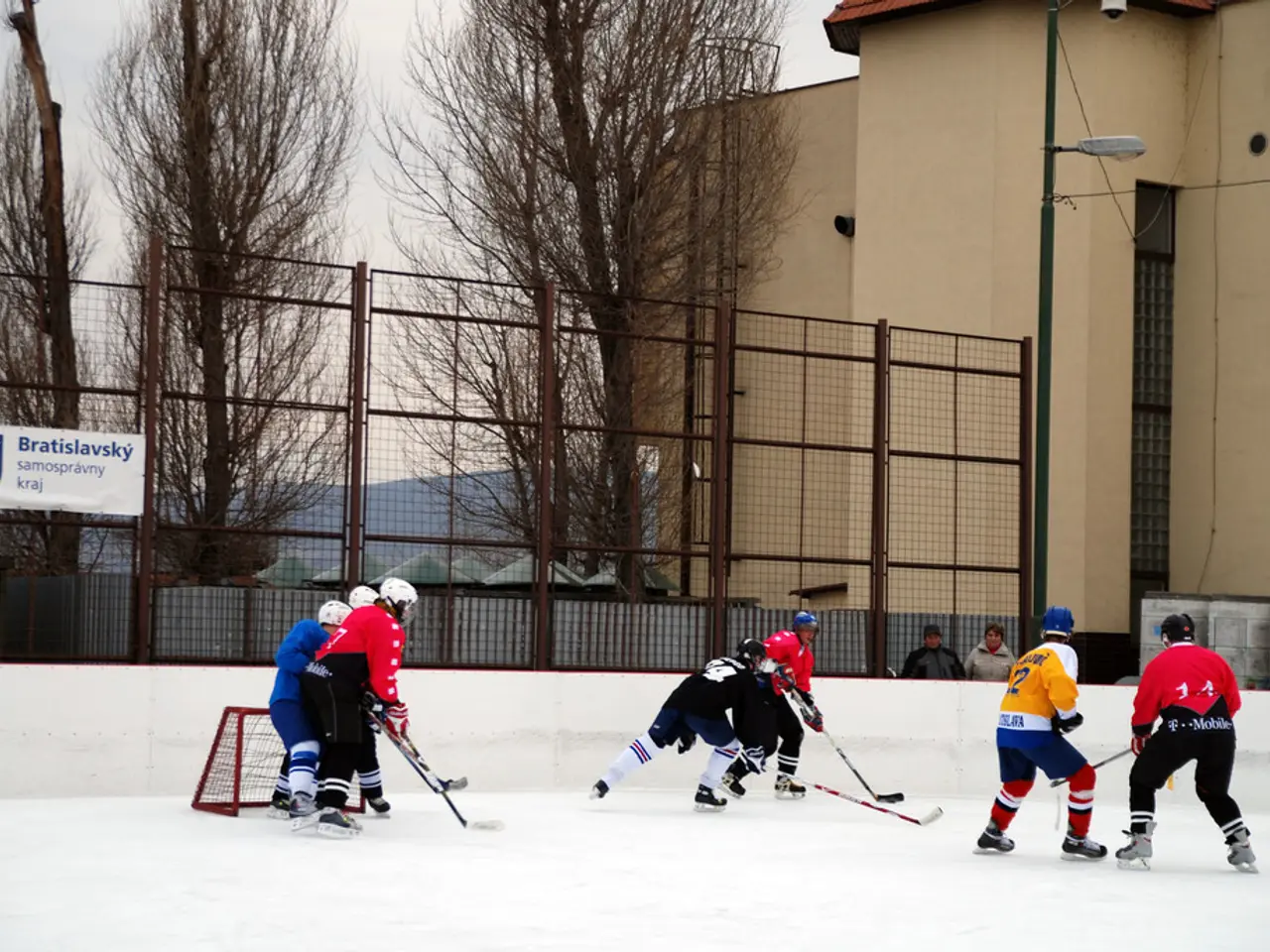Lowering the Political Hurdle: A Plea for More Representation in Eastern Germany
Advocacy group seeks reduction of the 5% threshold
In the heart of Germany, a call to action echoes, as the association "More Democracy" advocates for a reduction in the political hurdle from five percent to three percent in the eastern states. Ralf-Uwe Beck, the spokesperson for the group, passionately asserts, "Lowering the hurdle would give voice to hundreds of thousands of unheard citizens."
This appeal follows the challenges faced during government formations after state elections, as numerous parties failed to meet the five-percent threshold, leaving many votes unrepresented. In a joint statement, the eastern state associations of "More Democracy" urge prompt action from the state parliaments. They observe that "voting preferences in the East appear to be more diverse and less fixed," and these diverse views deserve equal footing in the state parliaments.
A Historical Hurdle: Originated to Avoid Fragmentation
The five-percent hurdle requires parties to receive at least five percent of the votes in elections to enter parliament. This barrier exists due to the lessons learned from the Weimar Republic between 1918 and 1933, when the lack of such a threshold enabled almost any party to enter parliament, leading to a deeply fragmented political landscape.
However, "More Democracy," an organization advocating for increased citizen participation, argues that the hurdle may inadvertently contribute to destabilization. Recent elections in Saxony, Brandenburg, and Thuringia have shown that a lower threshold could potentially lead to alternative coalition governments. In Erfurt, for example, theAfD holds the only opposition role. Beck optimistically states, "A lower threshold would arm us with a powerful tool to rebuild trust in democracy."
A Contested Barrier: Challenges and Criticism
The so-called Sperrklausel, or threshold clause, has been under scrutiny for quite some time. Last month, the Constitutional Court in Thuringia rejected a complaint by the Ecological Democratic Party (ÖDP) calling for a review of the hurdle. The small party faltered before the Thuringian state election last year with an urgent application to the Court.
To address the issue of uncounted votes, "More Democracy" proposes the introduction of a substitute vote system. In this system, if one's preferred party fails to meet the three-percent hurdle, a voter could offer their second choice a chance by casting a substitute vote. Future elections for the state parliaments in Saxony-Anhalt and Mecklenburg-Vorpommern are scheduled for next year.
The debate is complex, balancing the need for fair representation and avoiding political fragmentation. Proponents argue for regional representation, diversity, and the prevention of wasted votes, while opponents stress the importance of national coherence, political stability, and minimizing the size and complexity of the parliament. The Federal Constitutional Court's ruling provides a framework for future electoral law adjustments to strike the equilibrium between both sides.
- In light of the diverse voting preferences and the unrepresented voices in the eastern states, "More Democracy" suggests that lowering the political hurdle from five percent to three percent could offer a platform for these voices in policy-and-legislation and politician-related general-news discourse.
- As political divisions in the eastern states are becoming more nuanced and less consistent, the proposal to lower the hurdle could potentially result in a more balanced and representative politics landscape, enabling a healthier general-news discourse and a more effective policy-and-legislation cycle.
